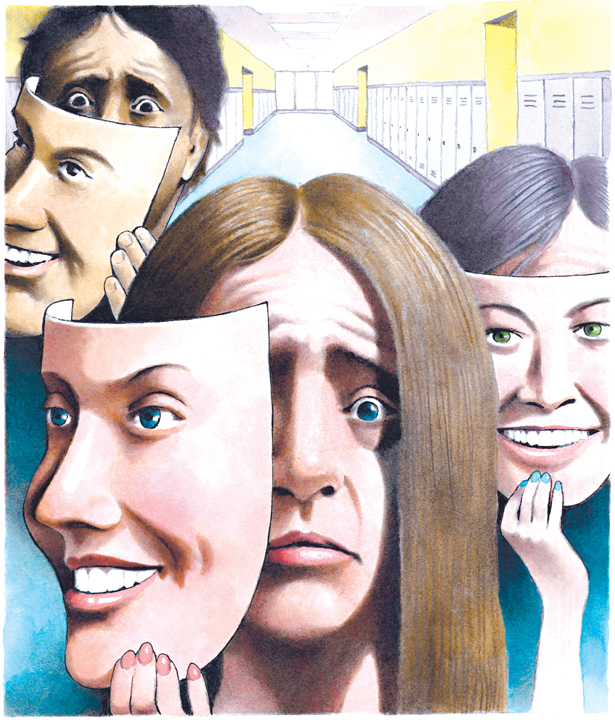Mood and anxiety disorders can affect individuals with a broad range of symptoms, and can be hard to deal with, according to Dr. Mary Wells, professor of Psychology at Sinclair Community College.
“Both classes of these disorders are very common,” she said. “In the United States in terms of prevalence rates, we see both of those classes of disorders showing up and being quite common.”
Depression is a mood disorder. Symptoms vary, and include more than feeling a sense of sadness. Indicators can be physical, cognitive and behavioral, such as hypersomnia and insomnia, eating too much or too little, fatigue, trouble concentrating and paying attention and irritability.
Bipolar disorder is also considered a mood disorder. Those with bipolar are oftentimes thought of to be in their manic phases more frequently, however it is more common for them to go through a depressive stage, Wells said.
“Sometimes depression is referred to as the common cold of mental illness,” she said. “Not because it’s not serious, because it certainly can be, but it occurs frequently.”
Anxiety disorders include phobias, generalized anxiety disorder, posttraumatic stress, social anxiety, obsessive-compulsive disorder and agoraphobia.
The symptoms for these disorders are broader than those classified as mood disorders.
“Some of them are more fear-based, like the phobias and agoraphobia, and others are more worry-based,” she said.
Anxiety can affect an individual’s ability to concentrate in class, and depression can affect an individual’s ability to connect with others, Wells said.
“It can be a challenging thing to be around someone who has a negative view of themselves, about other people, about life in general,” she said. “I think one of the worst things we can do is to socially isolate those people and pull away from them. So despite it being challenging, we need to make sure we keep in contact with those people and continue to reach out to people, and that we ask. You don’t have to have any special thing to say; often it’s more of letting people that you’ll talk if they want to … You don’t have to have a magic bullet in terms of things to say, besides from letting people know that you care.”
If a student suspects that they are suffering from any of these symptoms, Sinclair offers resources to help.
“If a student thinks they may be suffering from depression or anxiety, they should come to Counseling Services in the Center for Student Success in Building 10, Room 424, and we can determine if it is something we can work with them on or not,” Sinclair Counselor Eric Henderson said in an email interview. “Sinclair does not currently offer diagnosing and treatment; however, our licensed counselors can link students to resources in the community they may not know about that can help them get better, and work with them regardless if they have insurance or not.”
Depression carries a risk of suicide. Wells said any talk of suicide should always be taken seriously and not be ignored. Sinclair can connect individuals with outside resources who can help.
“If [you] feel like someone is going to act, you need to pull other people in, you need to get other resources,” she said.
Wells said if an individual finds themselves in this situation, they should call 911 or a crisis care hotline.
The local hotline is Samaritan Crisis Care, and can be reached at (937) 224-4646.


